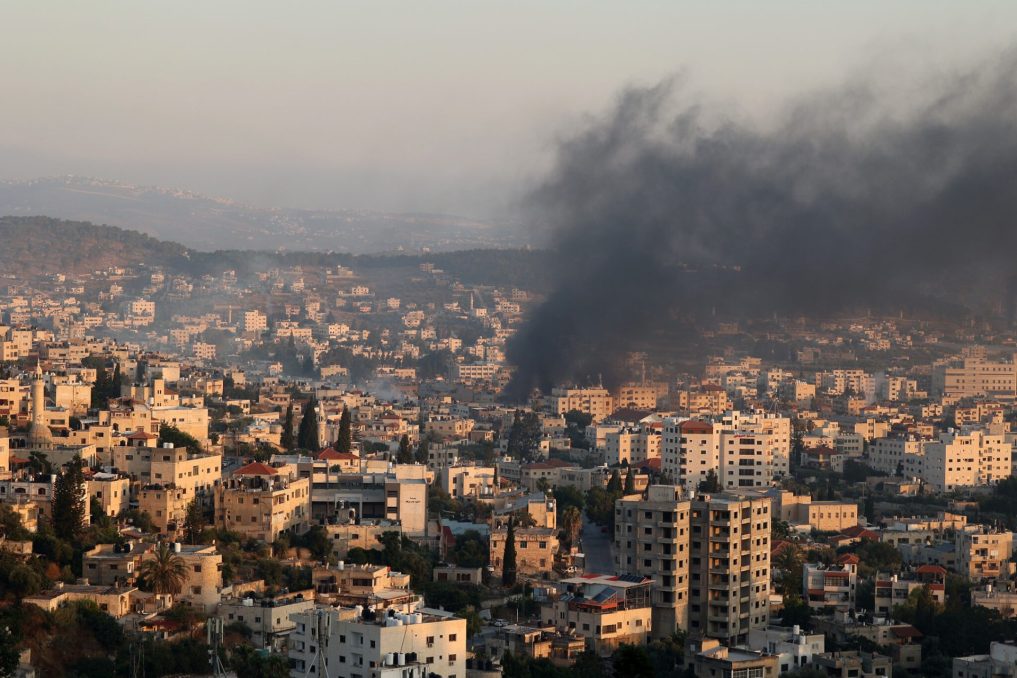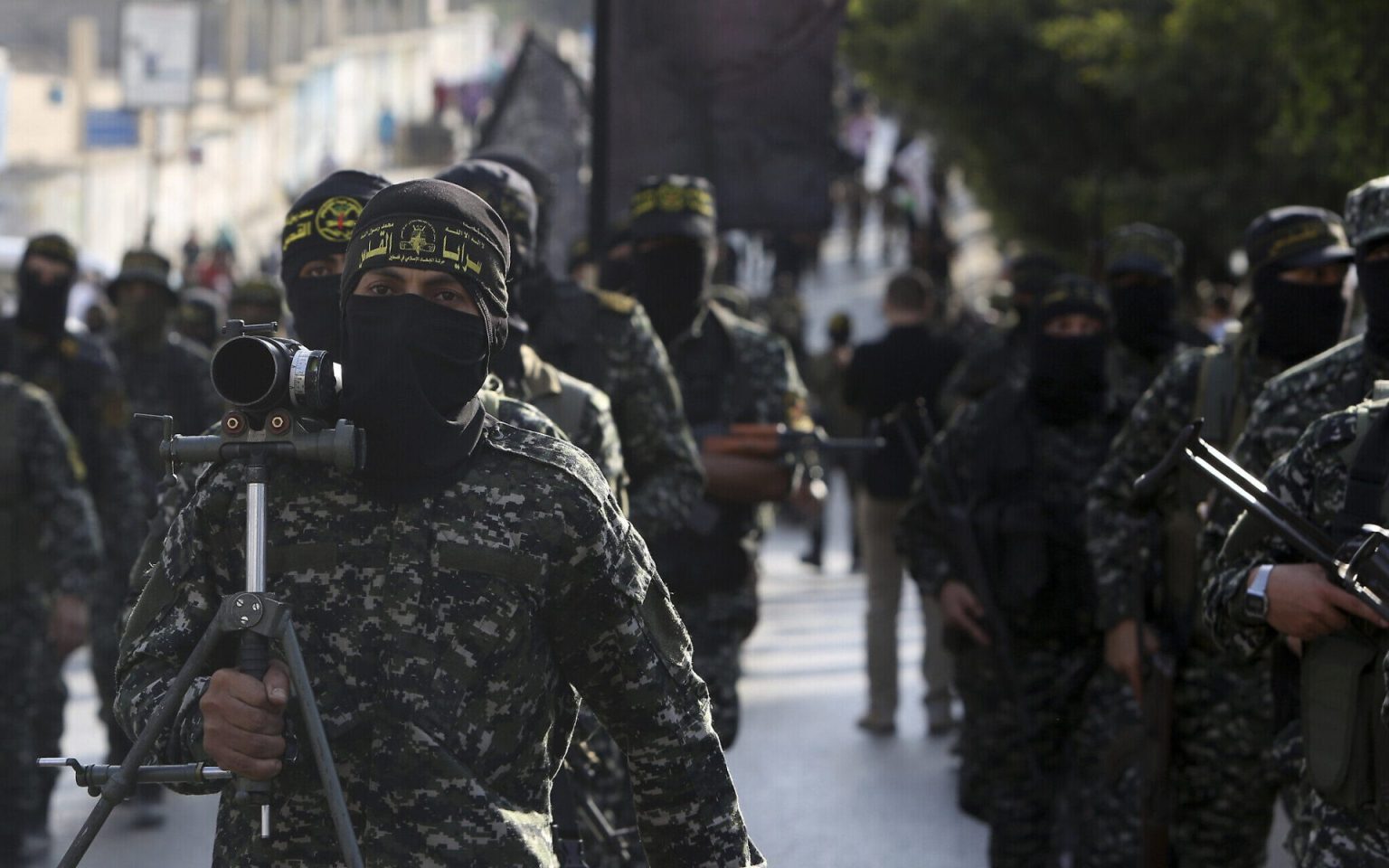On August 14, two Islamic Jihad gunmen celebrated what they believe was a victory of Palestine over Israel’s biggest operation in the West Bank in decades.
The two-day attack in Jenin last month was successful in capturing weapons and destroying infrastructure used by Iranian-funded Islamic Jihad fighters who operate out of a densely populated refugee camp, claimed Israeli commanders.
Islamic Jihad’s motivation:
The Palestinian group called Islamic Jihad has vowed to exterminate Israel and establish an Islamic state in its place.
One of the gunmen declared, “Our objective is similar to Islamic Jihad, but Jenin is the source of our inspiration.”
The West Bank, a kidney-shaped region about 100 km long and 50 km wide that has been the center of the Israeli-Palestinian conflict since it was taken by Israel in the 1967 Middle East war, has been in upheaval for more than a year.
Since the most recent wave of violence broke out in early 2022, Israeli raids have claimed the lives of hundreds of Palestinians, the majority of whom were militants but also several civilians. In the same time frame, Palestinians have killed hundreds of Israelis by shooting, stabbing, or car-ramming attacks.
The role of Iran:
According to dozens of interviews with militants and supporters in Jenin, while the fighters are open about the fact that their funding originates from Iran, for them the conflict is a local one driven by resentment over the Israeli occupation, and they have no interest in the larger geopolitical issues.
Israeli officials frequently assert that Iran is supporting terrorist organizations in the West Bank as part of a larger effort that also includes sponsoring Hezbollah in Lebanon, attacking Israelis overseas, and developing nuclear weapons.
About 25% of families in Jenin are associated with Islamic Jihad, which receives several millions of dollars per year in funding from Iran, according to the Israeli military.
However, Iran is unable to exert much direct control over what happens to its money, according to Tamir Hayman, managing director of Israel’s Institute for National Security Studies.
When asked if Iran supports Islamic Jihad financially and in other ways, the Iranian delegation to the UN in New York responded via email: “Our assistance to Palestinian resistance groups is supplied upon their request. All nations have an international duty to resist and oppose Israeli occupation forces while defending and empowering these groups.”
A significant source of funding for the violent groups has dried up as Israel’s relations with the affluent Gulf states that typically support the Palestinian cause have improved. Iran has aimed to fill in that gap.
Apart from recent increases in the smuggling of drugs and weapons, according to security officials, Iranian help also comes from increasingly sophisticated money transfers, according to Israeli officials and militant groups.
According to the militant sources, sometimes criminals are involved in the transfers, while other times genuine or somewhat legitimate firms assist in moving money to the West Bank.

Jenin: a hub of Palestinian resistance
Jenin is the traditional center of Palestinian resistance against Israel and has served as a fruitful meeting point for Iranian security personnel, financiers, and opposing Palestinian factions.
Jenin, which is nominally under the control of the Palestinian Authority—the organization established in accordance with the Oslo peace accords some 30 years ago—is becoming an increasingly lawless area. PA officials sit powerless to do much more than denounce Israeli raids.












